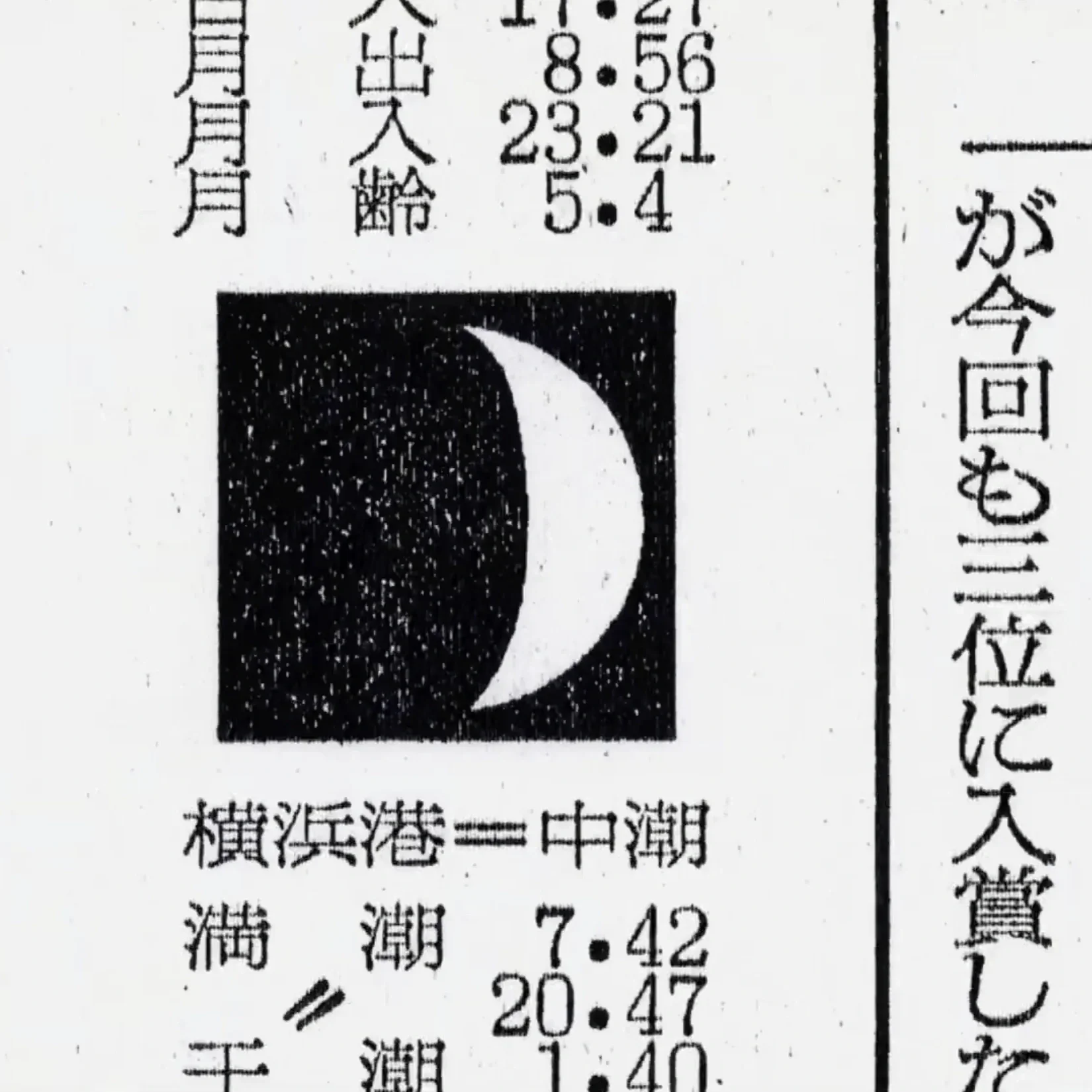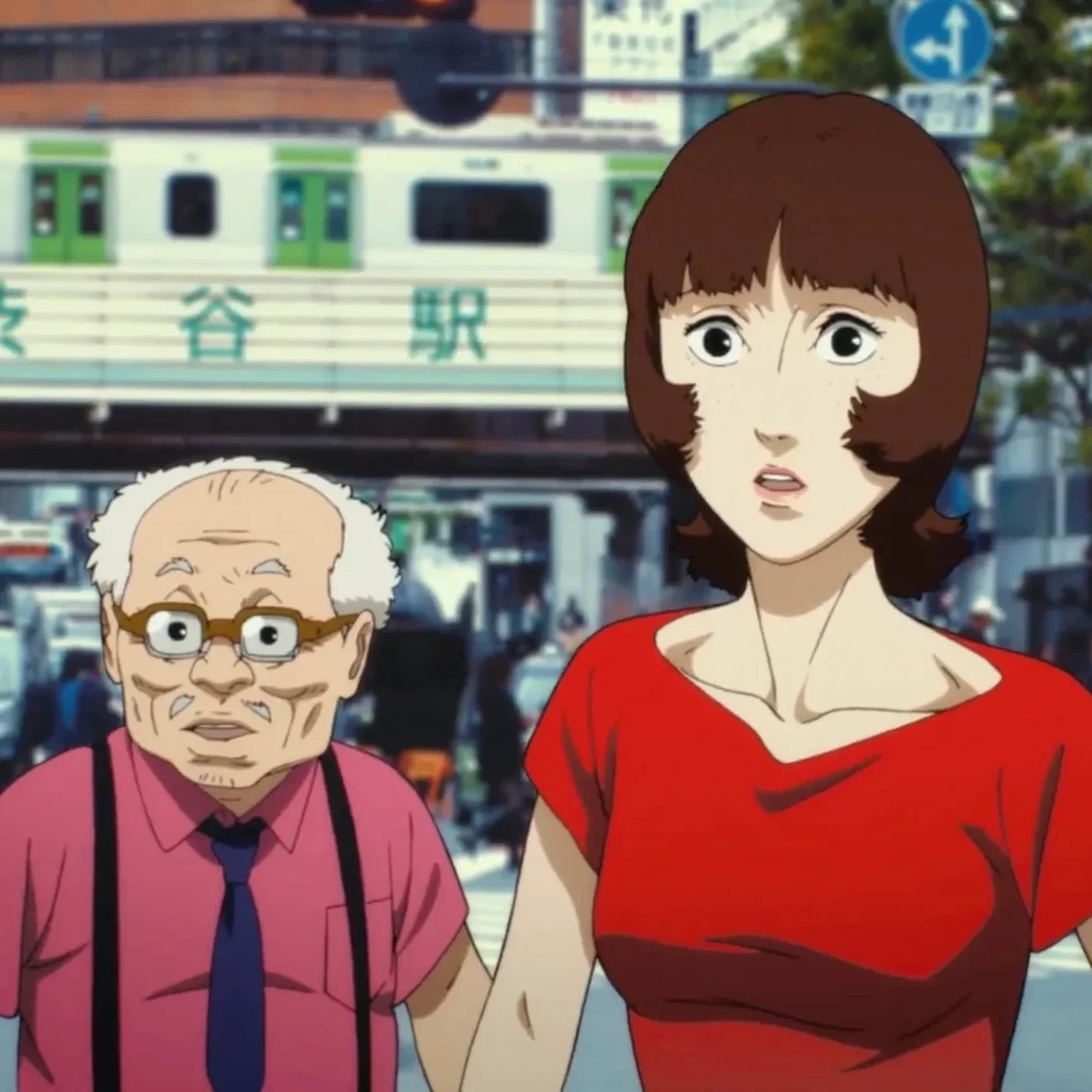Without Memory - The Tragic Beauty of a Forgotten Life
Still from Without Memory│© Hirokazu Koreeda
Memory, the thing we all take for granted. The thing that lets you know where you put your keys, why your hands smell like citrus, or what you promised to do tomorrow. Now imagine waking up every single day with a mind wiped clean, holding onto a past you can recall but unable to create a future you can remember. That’s Hiroshi Sekine’s life.
Hiroshi knows exactly who he was before medical malpractice severed his ability to form new memories. The villain here isn’t a car crash or an accident—it’s a cost-cutting decision by the Japanese government that led to Wernicke’s encephalopathy, a condition as cruel as it is relentless.
And so, every couple of hours, Hiroshi's memory resets, realizing he lives in a world that won’t stick. His wife, Miwa, tells him what has happened—again. He jots down notes—again. He records his thoughts in a diary that he will read later without any recollection of having written them. It’s not so much living as it is perpetually catching up. Without Memory follows Hiroshi through this limbo, watching as he tries to keep up with time while it sprints ahead without him.
But Hiroshi isn’t just a man lost in the fog of forgetfulness. He is also a husband, a father, a person whose existence is defined by the love of those around him. His family does not let his condition define their life together; instead, they shape their routines around it, turning repetition into something meaningful. Miwa’s patience is endless, but it is not merely duty—it is devotion. She does not just remind Hiroshi of his past; she helps him live in the present, giving him purpose in each moment.
Despite the weight of his condition, Hiroshi still finds joy. There is laughter in his home, shared moments of warmth with his children, and small victories that remind us that life is not just about what we remember, but about what we feel in the moment. When Hiroshi and his son go shopping together, he may not recall the details of their trip, but he remembers the love behind a simple act—taking a heavy basket from his child’s hands. Even when his memories fade, the emotions remain, lingering like the afterglow of a sunset.
The documentary spans three years, with the crew returning again and again, only to be forgotten each time. It’s a devastating rhythm—arrive, explain, connect, disappear from memory. But in this repetitive cycle, Kore-eda discovers something profound: identity isn’t just internal, it’s external too. Hiroshi doesn’t recognize himself in the home videos, doesn’t remember the film crew—but Miwa and the children do. His existence is anchored not in what he knows, but in the people who refuse to forget him.
And so, Hiroshi picks up a camera. Perhaps, Kore-eda thinks, if Hiroshi films the world, he’ll be able to keep a part of it. He captures fleeting moments—a demolished building, a flowing river, an igloo built by his children that will inevitably melt. Metaphors so blatant they might as well be underlined, but then again, subtlety isn’t necessary when the truth is this raw. Even as Hiroshi turns the camera back onto the crew, grasping at the illusion of control, the deeper truth emerges—he will watch these recordings later and still not remember, but the act of recording itself gives him agency.
Yet, despite all of this, there is warmth in Without Memory. It’s there in the way Miwa smiles as she explains, yet again, the details of Hiroshi’s condition. It’s in the way his son still holds his hand, even though he knows his father won’t remember the moment. It’s in the grocery runs, the exchanged notes, the quiet commitment to carry on despite the crushing weight of repetition.
Kore-eda, with his signature blend of documentary realism and poetic introspection, isn’t just making a film about memory—he’s making a case for connection. If a person cannot remember themselves, do they still exist? Without Memory suggests the answer is yes—so long as someone else remembers them. And in the hands of a devoted family, Hiroshi’s life is not just a collection of lost moments, but an ongoing story, carried forward by love.














The anarchic tribute that brings tokusatsu back from cultural oblivion.